Rosetta Translation provides a complete range of Farsi translation services to companies in London and worldwide. Our Farsi (Persian) translators and proofreaders are all fully qualified professionals, ensuring that our Farsi translations are all of the same consistently high standard.
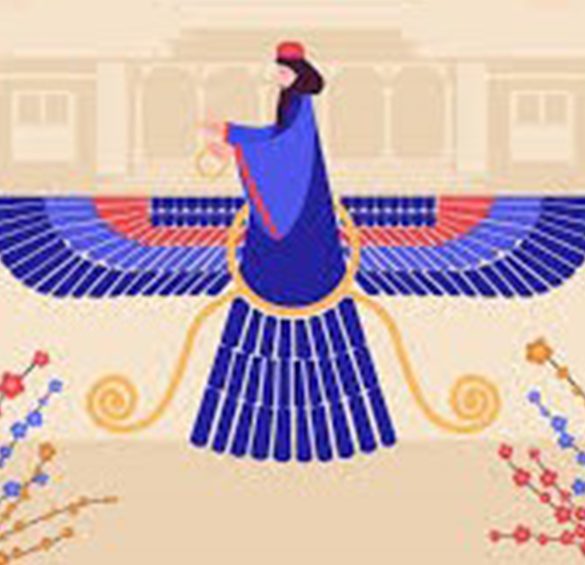
Rosetta is a renowned provider of Farsi transation services across a number of specialisations.
Thus, we have a deep expertise in providing legal translations, including the translation of contracts and agreeements, as well as translation in banking and insurance and other finance-related fields.
Our customers are also in safe hands with our specialised translators of technical documents, as well as our medical translators. For the latter, the fast-developing field of medical devices has become particularly important in recent years.
We guarantee a consistently excellent quality of Farsi translation in each of these various fields by making sure we assign every translation to the most appropriate specialised team of highly qualified Persian translators, proof-readers and editors.
We also provide Farsi interpreting services in London and worldwide.
For a free instant quote, please contact us at any of our local offices in London, Shanghai, New York, Paris or Luxembourg.
Rosetta is one of only very few translation agencies to have achieved both the prestigious ISO 9001:2015 certification and the DIN EN 15038 designation, the only norm specifically designed for translation agencies. Our customers can therefore rest completely assured of the superior quality of our Persian (Farsi) translation assignments.
Combined with our use of translation technology and our extraordinary flexibility as regards client needs, this results in the professional and reliable Farsi translation service that our numerous regular customers value.
We can provide all levels of certifications for your Farsi translations, including sworn translations, notarisations and legalisations.
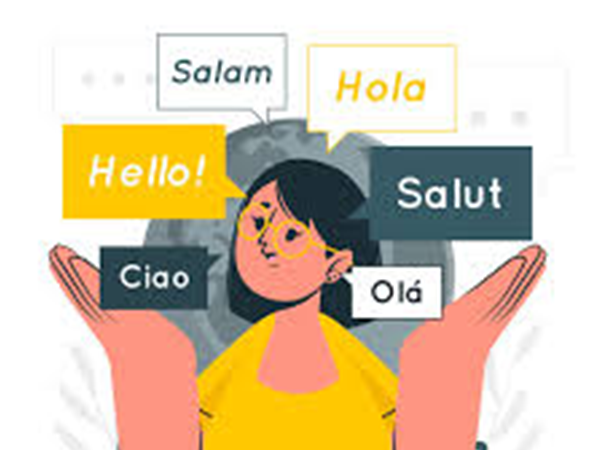
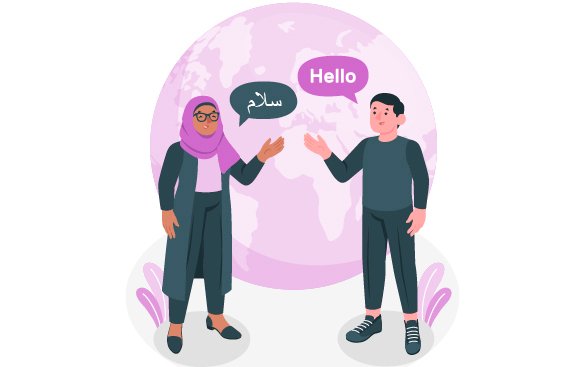
For our English-Farsi translations, we we only use experienced, native Persian (Farsi) translators – capable of translating into local dialects including Hazeragi, Herati, Darwazi, Tehrani and Dehwari, all of whom specialise in a number of different areas of translation to give the best possible results for our customers. We then have the document proofread by the third party and ensure that the formatting is correct, all of which culminates in the provision of a final translation of excellent quality.
Whether your Farsi-English translation assignment is complex, technical or more basic in nature, Rosetta Translation always has experienced translators on hand to deliver, with expertise in a number of areas, from technical computer jargon to legal terminology.
As an internationally aware company, we operate as worldwide a service for our English translation as we do for our other languages. This means that we can provide English in any of the many existing dialects, whether you need British English, American English, Australian English, even Jamaican English, we have the know-how and the expertise.
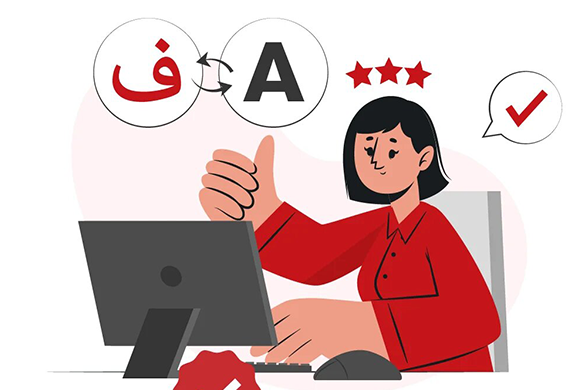
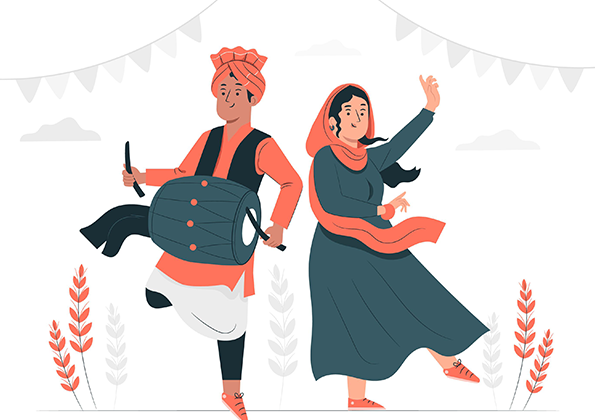
Persian is an Indo-Iranian language that is widely spoken in Iran, Pakistan, Afghanistan, Tajikistan and Uzbekistan and Iraq, as well as in other countries in the region. Over 60 million people worldwide speak Persian as their mother tongue.
Speakers in the different countries can understand each other relatively well despite minor differences in grammar, vocabulary and pronunciation. Persian is the official language or Iran, Afghanistan and Tajikistan.
The influence of Persian culture can be seen notably in Literature and in the Arts. Persian poetry in particular is renowned for its beauty, with epic, narrative and lyric poetry being among the forms that flourished. Persian artwork is seen most notably in the masterfully woven carpets that attract wealthy buyers from all over the world.
‘Farsi’, an Arabic adaptation of the word ‘Parsi’, is primarily the name used by Iranian Persians to refer to their language. In English, however, this language has historically always been known as ‘Persian’. In English the word ‘Persian’ connotes not only the language itself but also positive aspects of Persian culture and history, including the Persian Gulf, Persian carpets, Persian art, Persian poetry, Persian cats etc. The word ‘Farsi’, on the other hand, does not carry these connotations for most people, but has been widely used in Western media over recent decades. Many Persians, particularly in academic circles, tend to criticise use of the word ‘Farsi’ as a choice that negates the important precedence of Persian history and culture, and to argue strongly for its use in the media to be abolished.
What should be born in mind is that there are in fact three modern variants of standard Persian. One of these is Farsi, spoken in Iran, and the two others are ‘Dari’, sometimes known as ‘Eastern Persian’, spoken in Afghanistan and ‘Tajiki’, a variant spoken in Tajikistan, Uzbekistan and Russia, and which uses Cyrillic script in place of Persian script.
Farsi, Dari and Tajik are all variants of what many people would simply call the Persian language. In Iran, it is called Farsi, in Afghanistan, it is called Dari and in Tajikistan it is known as Tajik. All three are mutually intelligible, despite some differences in pronunciation and grammar. Persian is a Western Iranian language belonging to the Iranian branch of the Indo-Iranian subdivision of the Indo-European languages. If you are wanting your document translated into Persian, our translators are well experienced in the three different variations so you can rest assured that you can trust your project with us and that it will read fluently in your target language.
Farsi is one of the oldest cultural languages in the world that is still spoken in a form that is recognisable today from the form that existed hundreds of years ago as it has kept many of its original grammatical features over an extensive period. This is the reason why modern speakers of Farsi are still able to read literature written as much a thousand years ago with much less difficulty than an English speaker would read an Old English text. There are three eras to the Persian language: Old Persian, Middle Persian and Modern Persian. Old Persian dates from around 525BC to 300BC, Middle Persian dates from around 300BC to 800 AD, and Modern Persian dates from 800AD to the present day.
The significance of this quality of Farsi is especially pertinent as poetry is revered in everyday Iranian life with famous quotes and verses still in circulation in modern Farsi today, so this historical link means that prose written several hundred years ago are still appropriate and recited by speakers in modern conversation.
For hundreds of years, Iran has been producing some of the most influential poets recognised in both the East and the West. Some famous Persian poets include Ferdowsi, Nizami Ganjavi and Sohrab Sepheri. Common themes explored in Iranian poetry are love, divine mysticism and human rights. Persian poetry is even inscribed in the halls of the United Nations:
“Human beings are members of a whole
since in their creation they are of one essence.
When the conditions of the time bring a member (limb) to pain
the other members (limbs) will suffer from discomfort.
You, who are indifferent to the misery of others
it is not fitting that they should call you a human being.”
Our native English and Persian translators are experts in their respective languages and are adept at translating a range of text styles, so if your text includes one such common idiom, or a well-placed line of famous prose, you can be confident that your translation will match the tone and style of your source text.
Persian is relatively easy to learn
Persian is not considered to be a difficult language to learn; the grammar itself is relatively simple, there are no genders, no noun inflections, no adjectival agreement or irregular verb conjugations. However, this does mean that some complexities arise such as with no genders, it can be a little confusing distinguishing between the people referred to by the speaker as there are no separate words for he and she in Farsi. An interesting consequence of this is native Persian speakers often mistakenly use ‘he’ when they mean ‘she’, and vice versa, when they are learning English, as it’s a linguistic concept they’ve not had to worry about before.
You can be sure when you choose Rosetta Translation for your Persian translation project that your Farsi, Dari or Tajik text will be translated correctly and will respect the meaning and intention of the source language.






What is the UN French Language Day? On 20 March, we once again celebrate UN French Language Day, a global celebration of linguistic diversity and cultural exchange. Created by the United Nations in 2010, this day is to remind us …


© 2025 All Rights Reserved